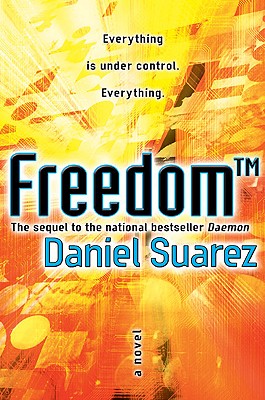New Book: The Rise of Siri by Shlok Vaidya
Tuesday, November 13th, 2012
The Rise of Siri by Shlok Vaidya
Shlok Vaidya has launched his first novel, dystopian techno-thriller in e-Book format entitled The Rise of Siri. Having been the recipient of a late draft/early review copy, I can say Shlok on his first time out as a writer of sci-fi has crafted a genuine page turner.
Companion site to the book can be found here – The Rise of Siri.com
Blending military-security action, politics, emerging tech and high-stakes business enterprise, the plot in The Rise of Siri moves at a rapid pace. I read the novel in two sittings and would have read it straight through in one except I began the book at close to midnight. Set in a near-future America facing global economic meltdown and societal disintegration, Apple led by CEO Tim Cook and ex-operator Aaron Ridgeway, now head of Apple Security Division, engages in a multi-leveled darwinian struggle of survival in the business, political and even paramilitary realms, racing against geopolitical crisis and market collapse , seeking corporate salvation but becoming in the process, a beacon of hope.
Vaidya’s writing style is sharp and spare and in The Rise of Siri he is blending in the real, the potential with the fictional. Public figures and emerging trends populate the novel; readers of this corner of the blogosphere will recognize themes and ideas that have been and are being debated by futurists and security specialists playing out in the Rise of Siri as Shlok delivers in an action packed format.
Strongly recommended and….fun!




